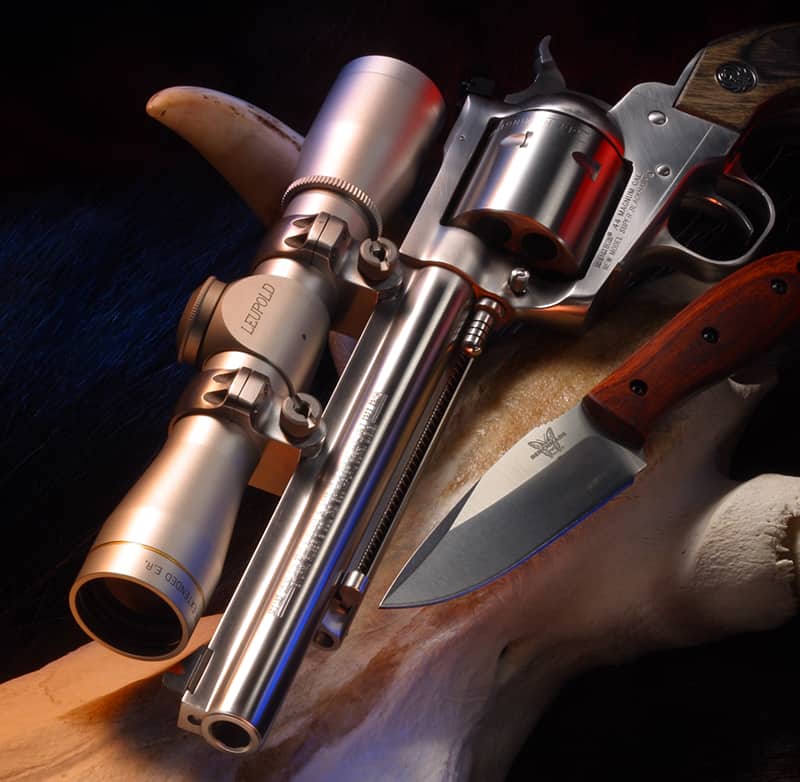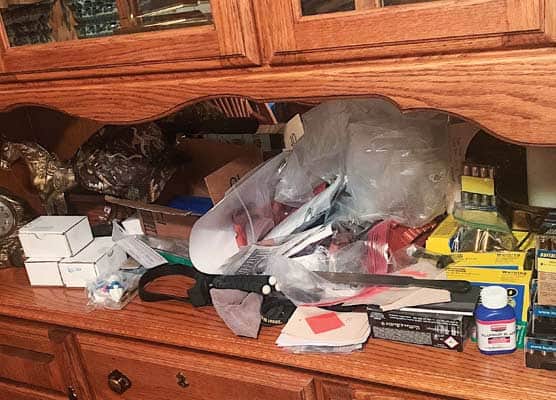Hidalgo Speaks Part II
Of Cuba Then
If you haven’t read Part 1, read it now, OK? We’ll wait. Who knows? You might like it. Done? Good.
The sun set, the moon rose, and still he talked. The barman stayed, chipping in with points to verify the older man’s story, often hustling into the motel to fetch old photos and clippings.
A child of peasant cane-cutters, teenaged Hidalgo made his way to Havana. Life was tough for a skinny peasant boy, but hard work, courtesy and honesty slowly paid off. He cleaned a commercial building for peanuts—and use of a cot in the basement. One tenant was an expatriate English tailor who taught him to “Look British, Think Yiddish,” meaning, Dress and groom like an old-money Englishman, and, Opportunities are everywhere. Make deals which benefit all involved, so everybody’s happy. Hidalgo made it his anthem and rapidly prospered. The tailor taught him how to dress, and gave him deals on re-cut Savile Row suits. His diminutive size was fortuitous: worn cuffs and hems were simply scissored away.
He took the name Hidalgo because “it sounded more refined” than his own, and, he knew that in Batista’s Cuba, he may need to run and hide someday. Hidalgo took menial jobs in which he could closely observe the table manners and social graces of genteel customers. This was his substitute for schooling. He learned Castilian Spanish and “British English” from the disgraced ex-headmaster of a private school, reduced to teaching diction to children of wealthy families. Hidalgo cleaned cheap in exchange for lessons.
He pitched similar deals with others—and also became a sidewalk employment agency, finding jobs for good people who couldn’t represent themselves well. Hidalgo would talk with them, get to know them, then speak for them, explaining to employers why they should hire his clients. His fees? He told them to decide themselves what they should pay him, then cut it by half, and save the other half. He never demanded and they always paid. Before long if an hotelier needed 100 workers for a big festival, Hidalgo could deliver honest, reliable help.
After meeting a big, broke, good-looking French ex-sailor, Hidalgo cleaned him up and got him a job as a bartender/bouncer at a posh casino. The Frenchman taught him Parisian French, Savate, and stick-fighting. “Skills well suited for a small man,” Hidalgo explained. One night the Frenchman introduced his impeccably dressed, sophisticated, multilingual friend to the resort’s owner. Soon Hidalgo was casino manager.
New Life, New Problems
Hidalgo met and married a raven-haired beauty. She became a star at the club, not for performing, but for greeting all with grace and elegance. Rich men wanted their photos taken dancing with her. She agreed, both to be gracious, and because it made a lot of money for the club photographer, another Hidalgo client. Life was wonderful. She bore Hidalgo a son and soon died of cancer.
He needed more money to raise the boy. The hotelier offered him a percentage to collect gambling debts. The big Frenchman backed him up at first, but soon stopped—no need. Dressed in a black suit and fedora, thin, intense Hidalgo spoke—and rich deadbeats listened and coughed up. People spoke of “the Spaniard” like the angel of death.
“It was just a role,” he said. “I hurt no one. They chilled their own blood. Cubans love such images.” Time passed.
Then Fidel took over, and Hidalgo approved. Batista’s government was corrupt to its core. He hoped for change—and got it in spades. Casinos and other “decadent” businesses were seized and shut down. Euphoria ran high until food ran low. Hidalgo returned to the hills. Then the trucks came, full of bearded rifle-waving Fidelistas, drunk on power and Marxism. They brought empty trucks to carry away the harvests and anything else of value—for “redistribution”—and for people, taken to collective farms, to prisons, to firing squads. The trucks kept coming.
Hidalgo didn’t want to kill people. His fury focused on the hated trucks. He vandalized them, began burning them. Others joined him. On the run as a “foreign spy,” the big Frenchman found Hidalgo and took the name Diego. More trucks burned.
But things went bad. Time after time they were ambushed or the trucks weren’t there, their plans clearly compromised. Hidalgo said it was the work of informers, but he wasn’t bitter.
“Some confessed. Their families were threatened. One could not blame them. Fidel’s KGB-trained agents were merciless. And, Cubans cannot keep secrets anyway.” He shrugged.
The Last Raid
Sunrise. The barman went to make breakfast. Hidalgo described their last raid. They learned of a truck depot walled in an old stone enclosure, with just two guards, both outside the gate. The group had about 20 satchel-bombs, each powerful enough to destroy a big MAZ truck. They formed two 2-man bomb teams, one with half the bombs in a bag, one to set and place them. Hidalgo, Diego and two others would lie as sentinels on the walls with rifles.
There was a teenage boy who, despite all efforts to leave him behind, always followed and begged to take part. He was earnest but seriously retarded. They argued, but he wouldn’t budge. Finally they gave him a bag of bombs. “Only carry this,” they told him.
All were in place, teams racing through the dark yard when bright floodlights came on and soldiers burst from hiding places, shooting. They had been betrayed again. Hidalgo saw the boy leap into a truck’s cab with his bag, and they made eye contact. The boy, he said, smiled and waved, like it was a marvelous game, blew Hidalgo a kiss, then bent over, his arms moving quickly.
To this point Hidalgo had spoken very calmly. Now he trembled and held his Panama hat over his face until he regained his composure.
The rippling blast of 10 bombs was devastating. Diego and others were killed. Hidalgo was blown off the wall, one leg shattered. When the inquisitors tired of beating him, he was dumped into a mixed prison population of “saints and savages.” He had a stick for a cane—and his stick-fighting skills. The criminales learned and left him alone.
He continued making friends and mutually-beneficial deals in prison, even with the guards, who in time softened toward him. When the Mariel Boatlift occurred, Fidel mixed violent criminals and the mentally ill in with the refugees. Guards kindly changed Hidalgo’s papers, tagged him as a mental defective, and got him on a boat. Buena suerte, Senor Hidalgo, con nuestros sentidos, they told him—and he was free.
The barman came out to announce breakfast. A rattling Renault Dauphine pulled up on the road. Hidalgo limped straight to it and was gone. The barman was puzzled and concerned.
“I am happy because he enjoyed telling you his story. He has not told it in years. But I worry. I think he told you because he knows his time is short. All I have I owe to him. And he left without eating or saying goodbye.”
“You might check on him later,” I said. “He was pretty upset talkin’ about the retarded kid who got blown up.” His eyebrows arched. “He told you about that? And he did not say who the boy was?” I shook my head, no. He looked away, twisting the apron in his hands.
“That was his son.”
We ate breakfast in silence. My turn to hit the road. I calculated a decent tip, then doubled it and when the barman turned, shoved it under my coffee mug. Hidalgo’s way. I headed north. I needed music but the radio was broken. All I had was road-hum on the rough asphalt, and it wasn’t enough. Connor OUT



